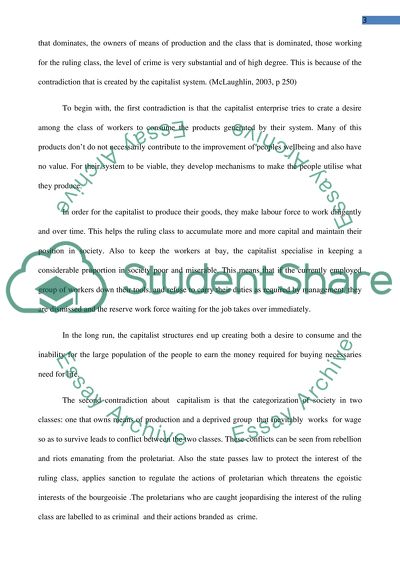Cite this document
(“Compare and contrast how Marxist and foucauldian criminologist Essay”, n.d.)
Retrieved from https://studentshare.org/environmental-studies/1421050-compare-and-contrast-how-marxist-and-foucauldian
Retrieved from https://studentshare.org/environmental-studies/1421050-compare-and-contrast-how-marxist-and-foucauldian
(Compare and Contrast How Marxist and Foucauldian Criminologist Essay)
https://studentshare.org/environmental-studies/1421050-compare-and-contrast-how-marxist-and-foucauldian.
https://studentshare.org/environmental-studies/1421050-compare-and-contrast-how-marxist-and-foucauldian.
“Compare and Contrast How Marxist and Foucauldian Criminologist Essay”, n.d. https://studentshare.org/environmental-studies/1421050-compare-and-contrast-how-marxist-and-foucauldian.


